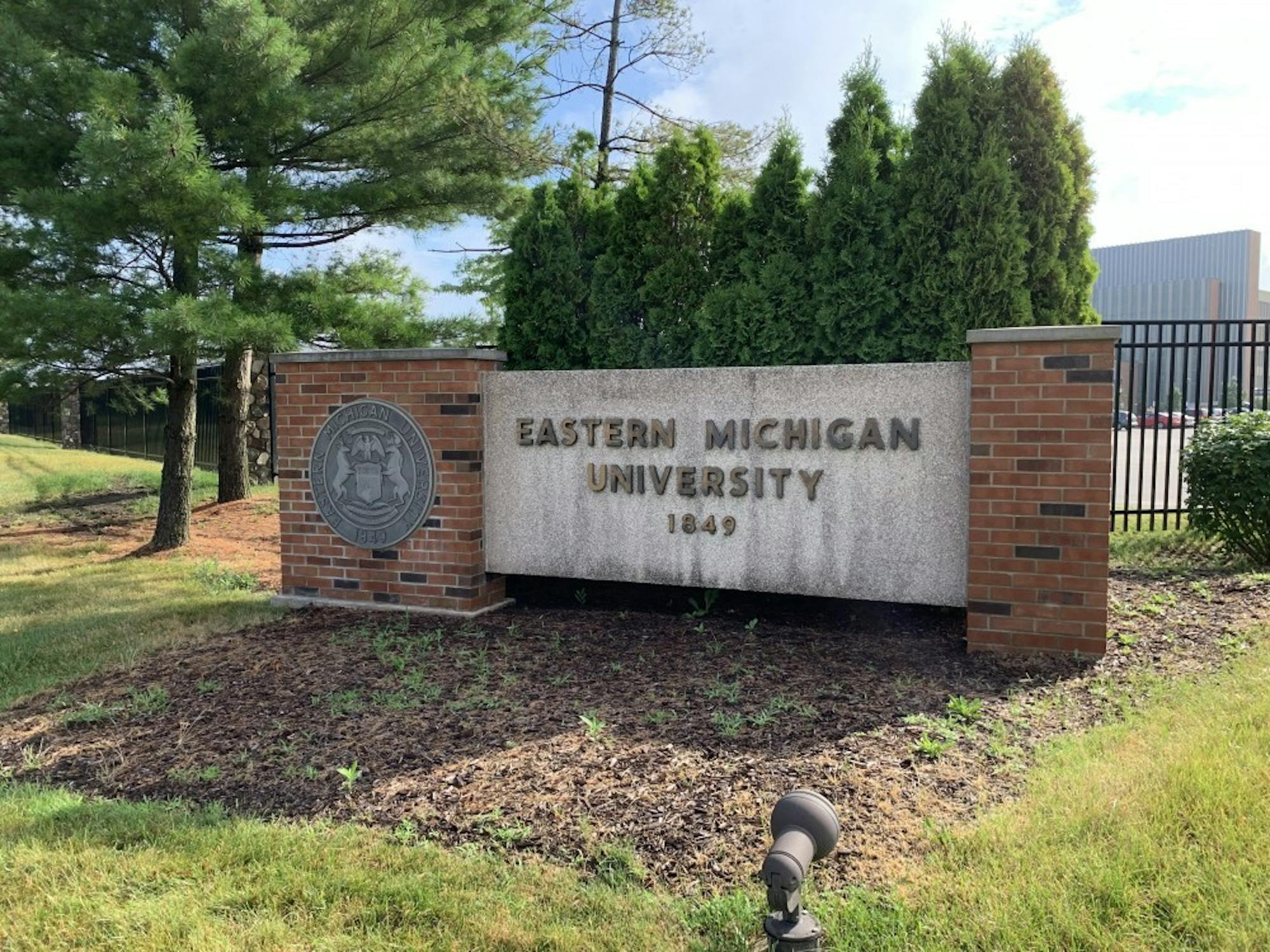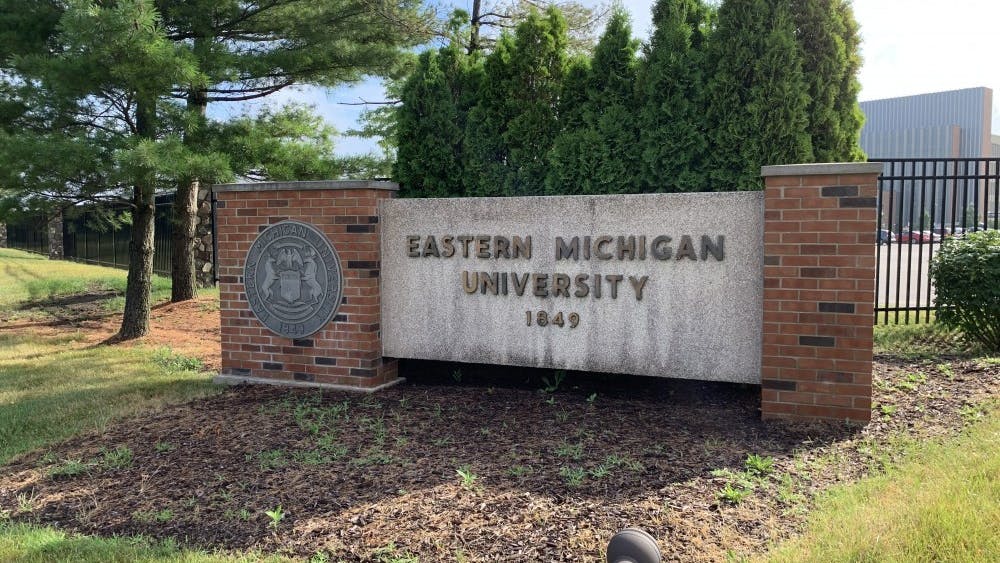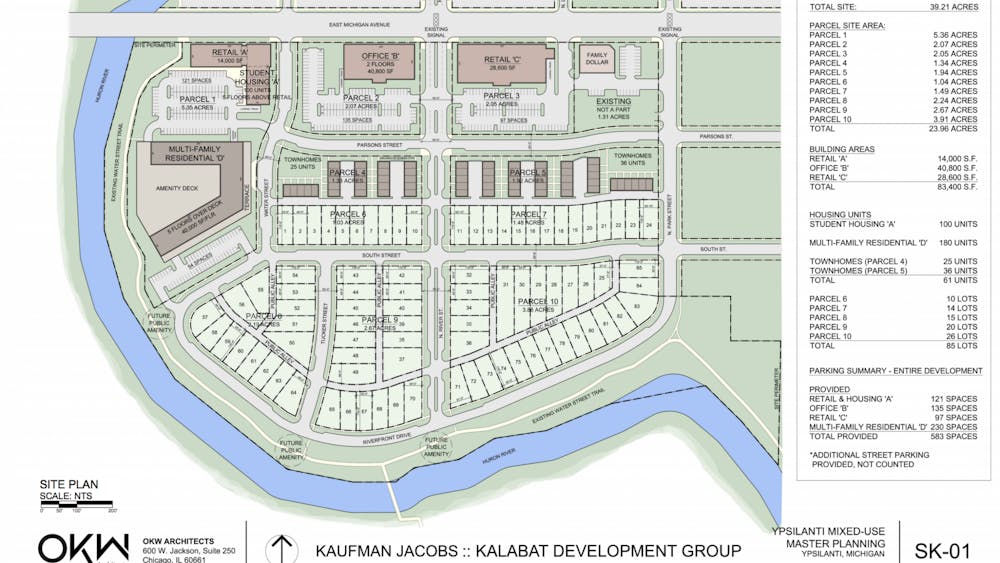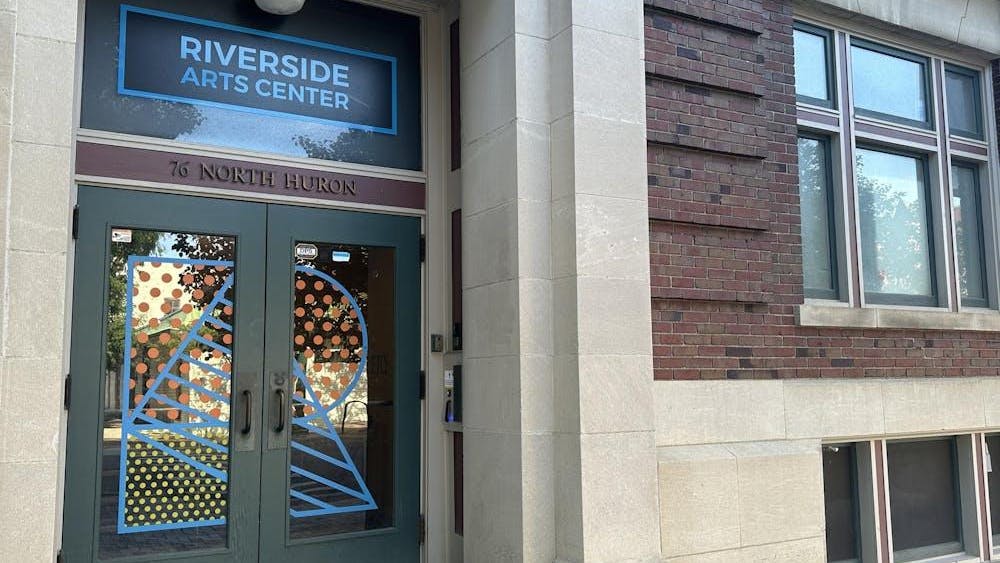The SMART project, assembled by a multidisciplinary team of Eastern Michigan University faculty members, aims to address unjust and harsh patterns of policing in Washtenaw County, including its negative impact on communities of color.
The SMART, or Southeast Michigan Criminal Justice Policy Research Project, initiative is a multi-component project, including reinvigorating police oversight at EMU, evaluating police traffic stop data, and understanding the experience of Black residents and policing in East Dearborn.
SMART will work in conjunction with the Ann Arbor Police Department and Independent Community Police Oversight Commission, the East Dearborn Downtown Development Association, and the Eastern Michigan University Public Safety Oversight Committee.
SMART will connect activists and those in the community desiring to make change, professors and those in academia who have knowledge of the information and data, and police and police oversight committees. The team includes faculty from the sociology, anthropology, criminology, political science, and public administration programs at EMU.
It will also provide technical guidance and training to local community groups that are invested in creating change driven by the community and its needs in relation to how police and public safety are operated and implemented.
“The idea of SMART came together out of a need that I was recognizing as I was actually working on a separate project,” Kevin Karpiak, associate professor in EMU’s department of sociology and the director of the SMART project, said. “I was talking with a lot of people in the community -- civilian oversight practitioners, criminal justice practitioners, community advocates, politicians -- and they were all saying a similar thing.”
Karpiak recognized the through lines that these varying groups had in relation to creating community change, specifically in regard to policing and public safety.
“They were all saying that there is a tremendous desire in Washtenaw County to do something about criminal justice reform," Karpiak said. "Lots of people have energy to do things... They want to do things, but they’re not always sure what the best way to go about it is, and they wished they had better relationships with researchers to make sure that their decisions are evidence-based.”
This was the genesis of SMART, and Karpiak said that the intention of the project was to create a space where communities, criminal justice practitioners, politicians, and researchers could come together, identify shared problems and shared questions, and develop strategies to answer or resolve these issues.
The SMART project works with a few other projects in the Ann Arbor and Dearborn areas. However, Karpiak highlighted what the additional funding is doing for Eastern Michigan students. “Through these kinds of partnerships, funding resources are brought in for SMART, and as a result we have been able to fund and support several students, who are working with us on various aspects of SMART’S projects," Karpiak said. "So, that’s something that I’m really excited about because I want to make sure that our students are a part of it as well.”










